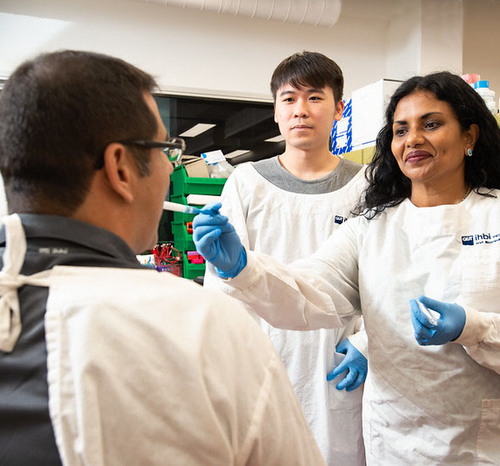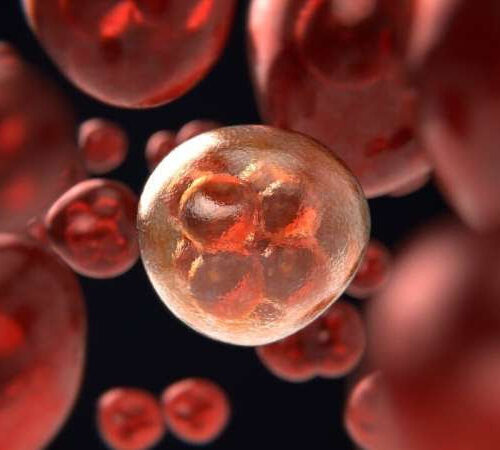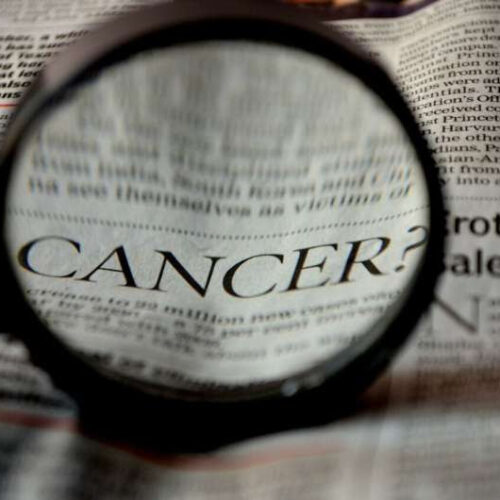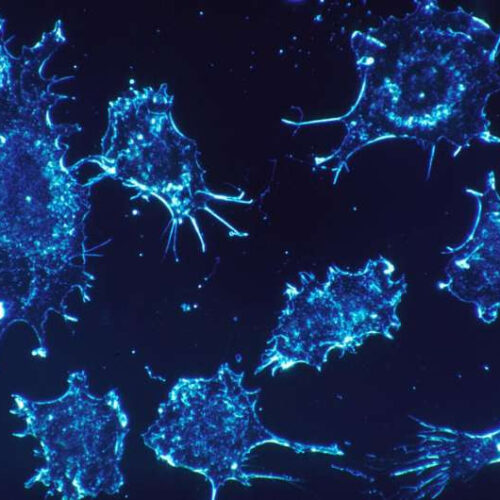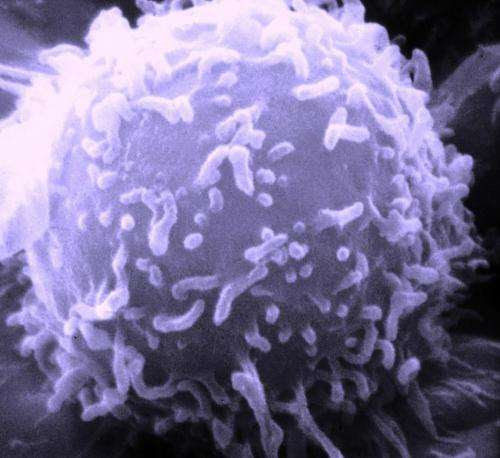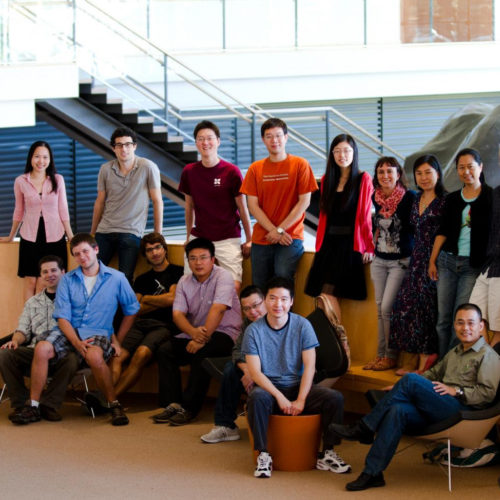IMAGE: LEAD INVESTIGATOR CHAMINDIE PUNYADEERA, PHD, PERFORMS SALIVA TESTING. THE FINDINGS OF THIS STUDY SUPPORT THE UTILITY OF SALIVA TESTING AS A BIOMARKER FOR FACILITATING EARLY DETECTION AND SCREENING OF HIGH-RISK HUMAN PAPILLOMAVIRUS DNA. CREDIT: CHAMINDIE PUNYADEERA Philadelphia, September 21, 2021 – Cancer causing high-risk human papillomaviruses (HR-HPV) are responsible for the rising incidence of HR-HPV–driven...
Tag: <span>cancers</span>
Researchers develop novel therapy that could be effective in many cancers
by The Mount Sinai Hospital Credit: Pixabay/CC0 Public Domain Mount Sinai researchers have developed a therapeutic agent that shows high effectiveness in vitro at disrupting a biological pathway that helps cancer survive, according to a paper published in Cancer Discovery, a journal of the American Association for Cancer Research, in July. The therapy is an engineered molecule, named MS21, that...
New research finds common denominator linking all cancers
by Lunenfeld-Tanenbaum Research Institute Credit: CC0 Public Domain All cancers fall into just two categories, according to new research from scientists at Sinai Health, in findings that could provide a new strategy for treating the most aggressive and untreatable forms of the disease. In new research out this month in Cancer Cell, scientists at the Lunenfeld-Tanenbaum Research Institute (LTRI), part of Sinai Health, divide all...
‘Electronic nose’ accurately sniffs out hard-to-detect cancers
by Perelman School of Medicine at the University of Pennsylvania Credit: CC0 Public Domain An odor-based test that sniffs out vapors emanating from blood samples was able to distinguish between benign and pancreatic and ovarian cancer cells with up to 95 percent accuracy, according to a new study from researchers at the University of Pennsylvania and Penn’s Perelman...
Scientists find gene that could ‘stop one-third of all cancers from developing’
by Chris Melore CHICAGO, Ill. — Cancer can come in many forms and each one has a different, devastating impact on the body. On a genetic level however, many of these cancers are the same. A new study finds targeting one specific gene may stop one-third of all cancers from developing. Researchers in Chicago say they’re targeting the...
An end to invasive biopsies?
THE HEBREW UNIVERSITY OF JERUSALEM IMAGE: HEBREW UNIVERSITY PROFESSOR NIR FRIEDMAN CREDIT: HEBREW UNIVERSITY OF JERUSALEM In diagnostic medicine, biopsies, where a sample of tissue is extracted for analysis, is a common tool for the detection of many conditions. But this approach has several drawbacks – it can be painful, doesn’t always extract the diseased...
Study finds that high levels of a growth factor increases risk for several cancers
by University of Oxford Electron microscopic image of a single human lymphocyte. Credit: Dr. Triche National Cancer Institute A study of almost 400,000 British participants has identified a new link between raised levels of the growth factor IGF-1 and increased thyroid cancer risk and has confirmed associations with breast, prostate and colorectal cancer. This could lead...
Kang finds keys to control the ‘driver of cancer’s aggressiveness’
PRINCETON UNIVERSITY IMAGE: A DRUG-RESISTANT PROTEIN NAMED SNAI2 HELPS CANCERS METASTASIZE AND SHIELDS CANCER FROM BOTH THE IMMUNE SYSTEM AND CHEMOTHERAPY. BUT NOW PRINCETON UNIVERSITY’S YIBIN KANG (LOWER RIGHT) AND HIS COLLEAGUES HAVE. “Do not erase.” “Recycle me.” “Free to a good home.” Humans post these signs to indicate whether something has value or not,...
New weight-loss hope for those with highest obesity risk: Underserved, low-income patients
Patients in primary care clinic program lost 5 percent of body weight PENNINGTON BIOMEDICAL RESEARCH CENTER BATON ROUGE, Louisiana – Low-income Louisiana patients enrolled in a tailored obesity intervention program lost much more weight than counterparts receiving usual care. Study results were published this week in The New England Journal of Medicine. This population, who...
Honeybee venom rapidly destroys aggressive breast cancer cells
Reviewed by Emily Henderson, B.Sc. Using the venom from 312 honeybees and bumblebees in Perth Western Australia, Ireland and England, Dr Ciara Duffy from the Harry Perkins Institute of Medical Research and The University of Western Australia, tested the effect of the venom on the clinical subtypes of breast cancer, including triple-negative breast cancer, which...

